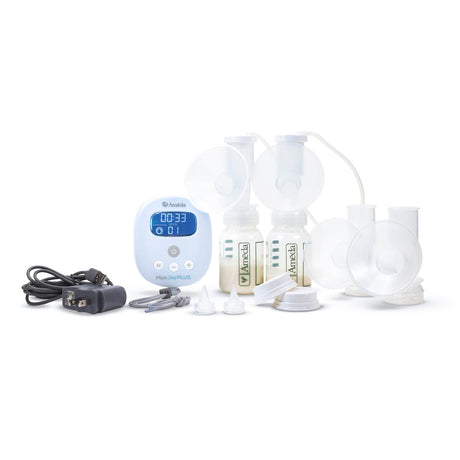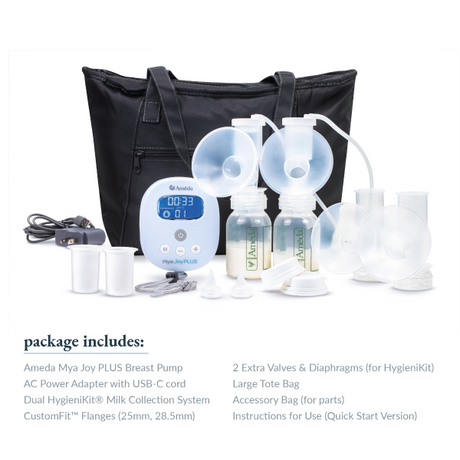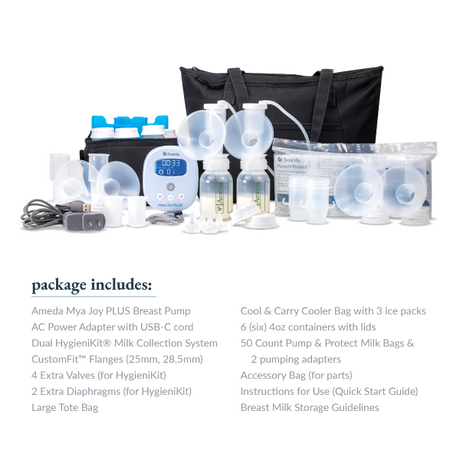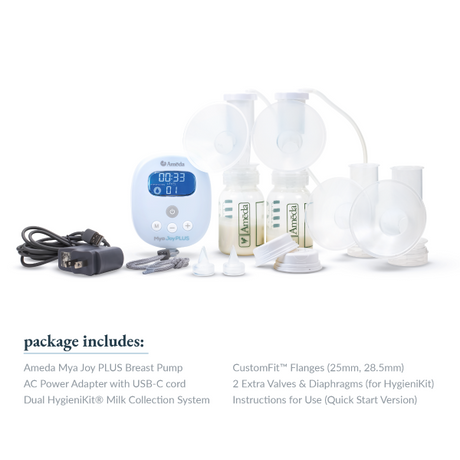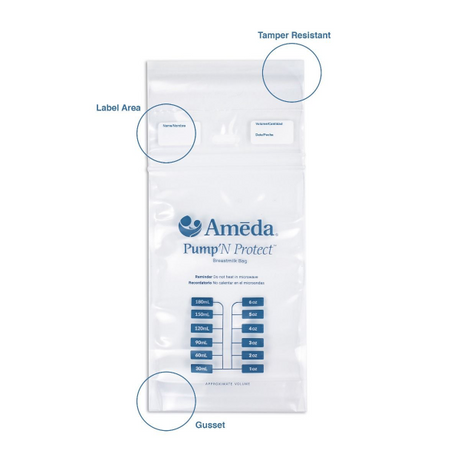Published:
By Lisa Fields When Daylight Saving Time ends on November 4th, your baby may have trouble adjusting to the time difference if you do not take steps to account for the change ahead of time. If they typically wake at 7 a.m., you will not be pleased if they start getting up for the day at 6 a.m.. They will be ready for bed an hour earlier than you will want as well. Fortunately, you can take steps to gradually prepare your baby for the time change in anticipation of the event. If you make small adjustments to their schedule the week before the clocks change, you can have your baby acclimated to Standard Time by November 4th when Daylight Saving Time ends. For an easier transition to Standard Time:
- Delay your baby’s bedtime by 10 minutes every night during the week preceding the change; so that by November 4th, they will be going to bed 60 minutes later than usual. When the clocks change, it will be their usual bedtime once again. Adjusting to six 10-minute-long delays is easier than adjusting to one hour-long delay, which would be more likely to make your baby cranky.
- Although you will be tinkering with the timing of your baby’s bedtime, do not change their bedtime routine so that they are comforted by the familiarity. If they want to breastfeed for slightly longer than usual, be accommodating during the transition period.
- Make sure that your baby’s bedroom is dark so that natural light from outside does not send signals that it is time to wake up too early. Morning light can interfere with your plan to gradually adjust your baby to the new schedule. Room-darkening shades or curtains can help keep your baby’s room consistently dark.
Even if you forget to prepare your baby to the new time schedule, they should adjust naturally to Standard Time within a week, if not sooner.
DISCLAIMER: Ameda strives to present you with accurate and useful breastfeeding information. This article may contain information and ideas that are not necessarily the views of Ameda. It does not constitute medical advice. If you have any questions please contact your healthcare professional.


